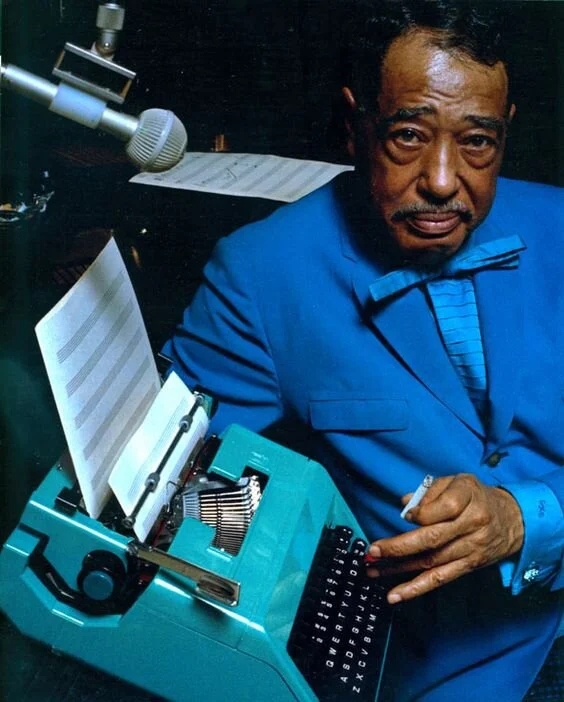ESSAYS
This section includes essays on various jazz subjects, written by a number of writers. Contributions are welcome. Writers interested in contributing are welcome to contact the editor by filling out the form in the CONTACT tab. Photographs to illustrate those essays are welcome. Readers can click on the INDEX button for a list of articles in this folder.
Louis Armstrong
LOUIS ARMSTRONG
by Clive James
From the 2008 book “Cultural Amnesia: Notes In The Margin Of My Time”
Louis Armstrong was born in New Orleans in 1900 and died at home in New York in 1971, having done, in the intervening years, as much as anyone since Lincoln to change the history of the United States. The theory that art can have no direct impact on politics has the advantage of staving off wishful thinking, but it takes a beating when you think of what Armstrong did, or helped to do. Jazz would not have been the same without him, and the whole artistic history of the United States in the twentieth century, quite apart from the country's political history leading up to the civil rights movement, would not have been the same without jazz. There was no easy conquest, and Armstrong himself was the object of prejudice right to the end. He had to be brave every night he went to work. All the more edifying, then, that he himself was colour-blind when it came to the music he had helped to invent…
Duke Ellington
DUKE ELLINGTON
by Clive James
From the 2008 book “Cultural Amnesia: Notes In The Margin Of My Time”
Edward Kennedy 'Duke' Ellington was born in Washington, DC, in 1899. His musical training was a compound of piano lessons and an early exposure to the heady cocktail of church music and burlesque theatre. His career as an orchestral leader began when he organized small bands for parties. His first professional band, the Washingtonians, had only half a dozen players when it reached New York in 1923. At the Cotton Club in Harlem, the size of his band increased to ten players or more, on its way to the later standard aggregate of sixteen — the full Ellington orchestra (usually billed as the Famous Orchestra) was usually no bigger than that. But it could create its own world, and the truest statement ever made about Ellington's supremacy was that his orchestra was his instrument…
Miles Davis
MILES DAVIS
by Clive James
From the 2008 book “Cultural Amnesia: Notes In The Margin Of My Time”
Demanding to be heard but not always inclined to make the listening easy, the famous long, slow trumpet solos of Miles Davis (1926-1991) were a follow-on from bebop, the post-war musical development which tried to ensure that jazz would no longer be the spontaneous sound of joy. Whether any art-form can really develop is a permanent question, but there is a partial answer in the fact that some of its most adept exponents will often believe it should. A master of his instrument, Davis could play anything he wanted. What he wanted to play was sometimes immediately attractive — often enough to give him some of the all-time most successful jazz albums — but much of it was deliberately parsimonious and oblique, like the sound-track of a Noh play that had closed out of town…


